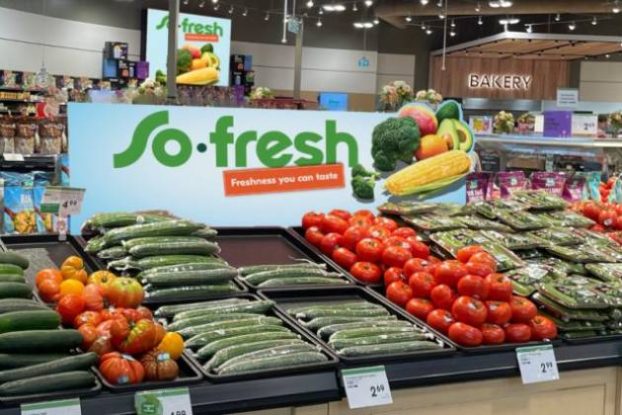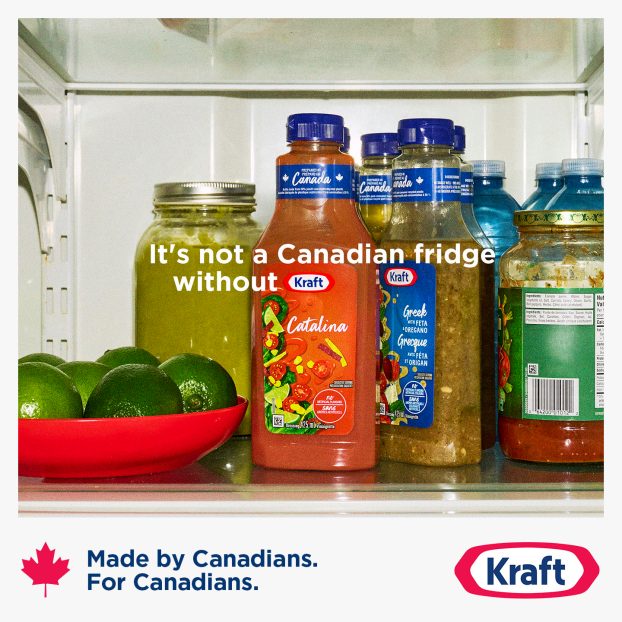
More than half of global cannabis executives plan on maintaining or reducing overall capital investment, according to EY’s latest survey of the industry.
The survey included responses from 50 CEOs of global cannabis companies, 28% of whom were based in Canada, with 27% overseeing operations at companies with annual revenue in excess of $100 million.
According to insights firm’s findings, 51.5% of respondents say company business strategies failed to perform relative to expectations in 2022, with only 12.1% claiming these were exceeded.
The sector remains fraught with risk: executives cite excessive competition as the top risk (76%), followed by pricing pressure (73%) and scarcity of capital (42%).
Despite the sector’s challenges, 76% of executives claim to have a well-defined business strategy for 2023 and are focusing on margin enhancement and revenue growth (94%), product innovation (67%) and market expansion (55%) as top strategic priorities.
“Although cannabis executives are anticipating another wave of intense hurdles with persistent inflation, ongoing competition, pricing compression and margin pressure, companies that have established strong foundations are confident that they’ll weather the storm,” says Rami El-Cheikh, leader of EY Americas’ Cannabis Centre of Excellence. “To survive, cannabis companies will have to sharpen and focus their business strategy with clear fields of play where their capabilities can deliver an advantage and a distinct consumer-centric value proposition.”
Changes continue apace in the cannabis space: cannabis consumer retail and technology platform, Fire & Flower, bolstered its existing relationship with Alimentation Couche-Tard this week, getting exclusive right of first opportunity to negotiate with the convenience giant with respect to entering new retail cannabis businesses and franchise arrangements in the Canadian market.
Consolidation is also continuing. Tilray, after closing its merger with Aphria in 2021, announced its acquisition of Hexo last week. SNDL, the largest private sector liquor and cannabis retailer in Canada, recently completed the acquisition of The Valens Company for about $138 million, and last fall, sustainable premium producer Green Organic Dutchman merged with multi-license producer BZAM Cannabis.
According to El-Cheikh, in today’s tough environment, “M&A activity should only be considered in select cases where companies have built a strong enough foundation to confidently realize rapid cost savings and revenue synergies.”
More than half of executives recognize that their companies will require funding or financing over the next six to 12 months to sustain operations and fund innovation and M&A initiatives. Beyond this time frame, as cash dwindles and debt becomes payable, the EY report notes that companies will exploit every lever possible to attempt to achieve cash flow positivity.
Finally, the report points out that the cannabis industry isn’t different from alcohol and tobacco were in their early development years. The sector “will continue to undergo significant shifts in social and cultural acceptability and face regulatory challenges, including taxation and marketing issues.”























